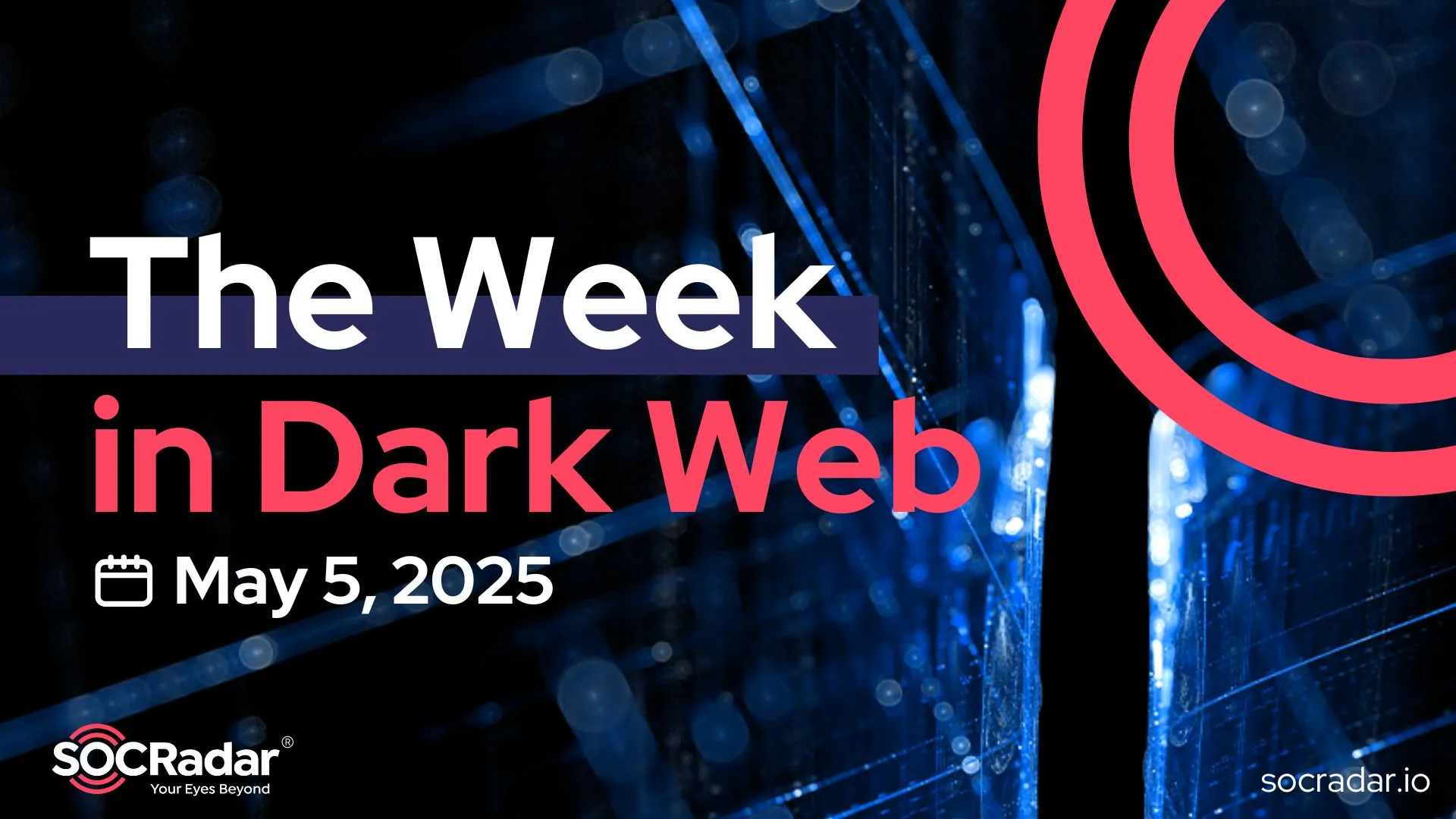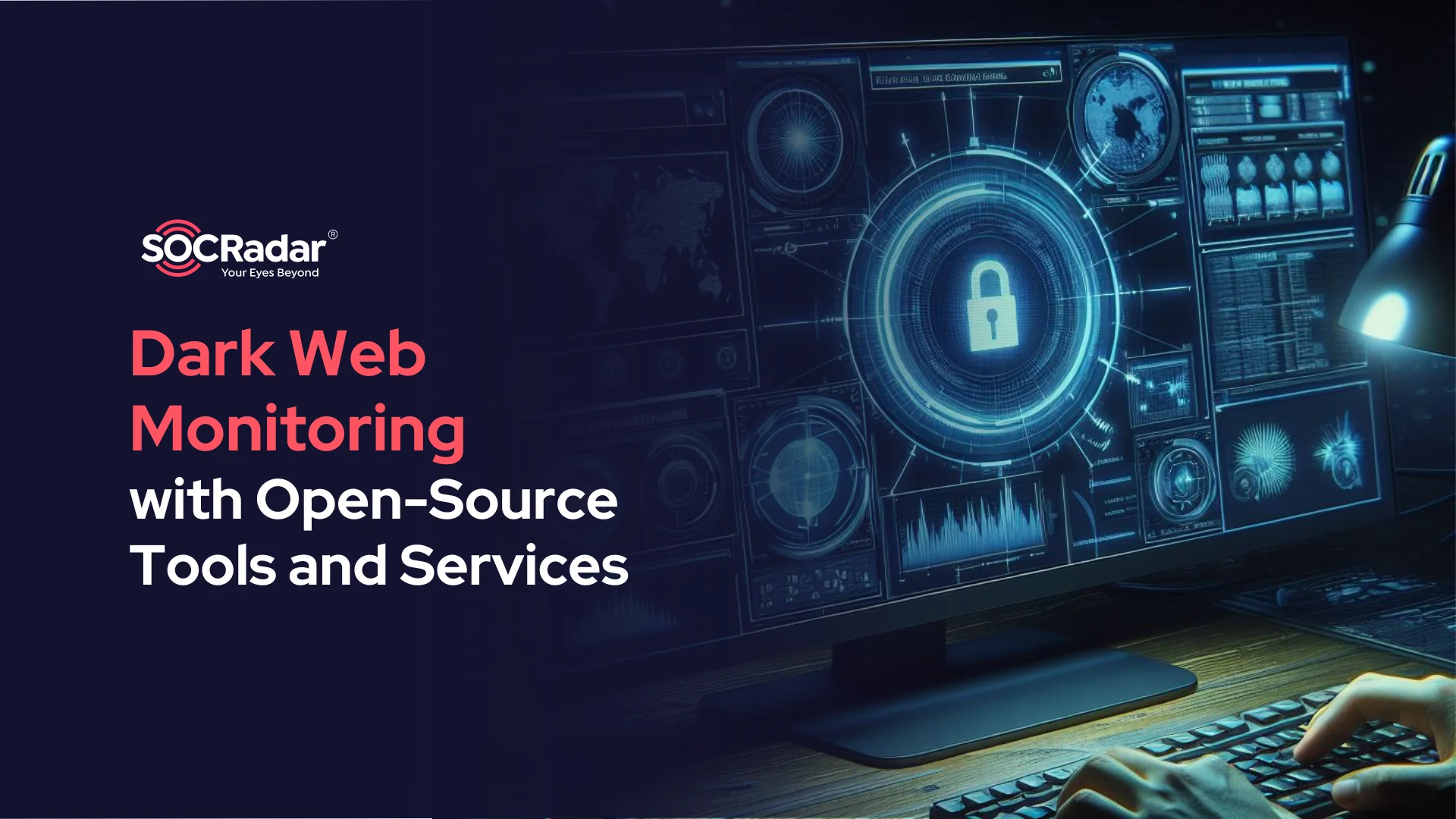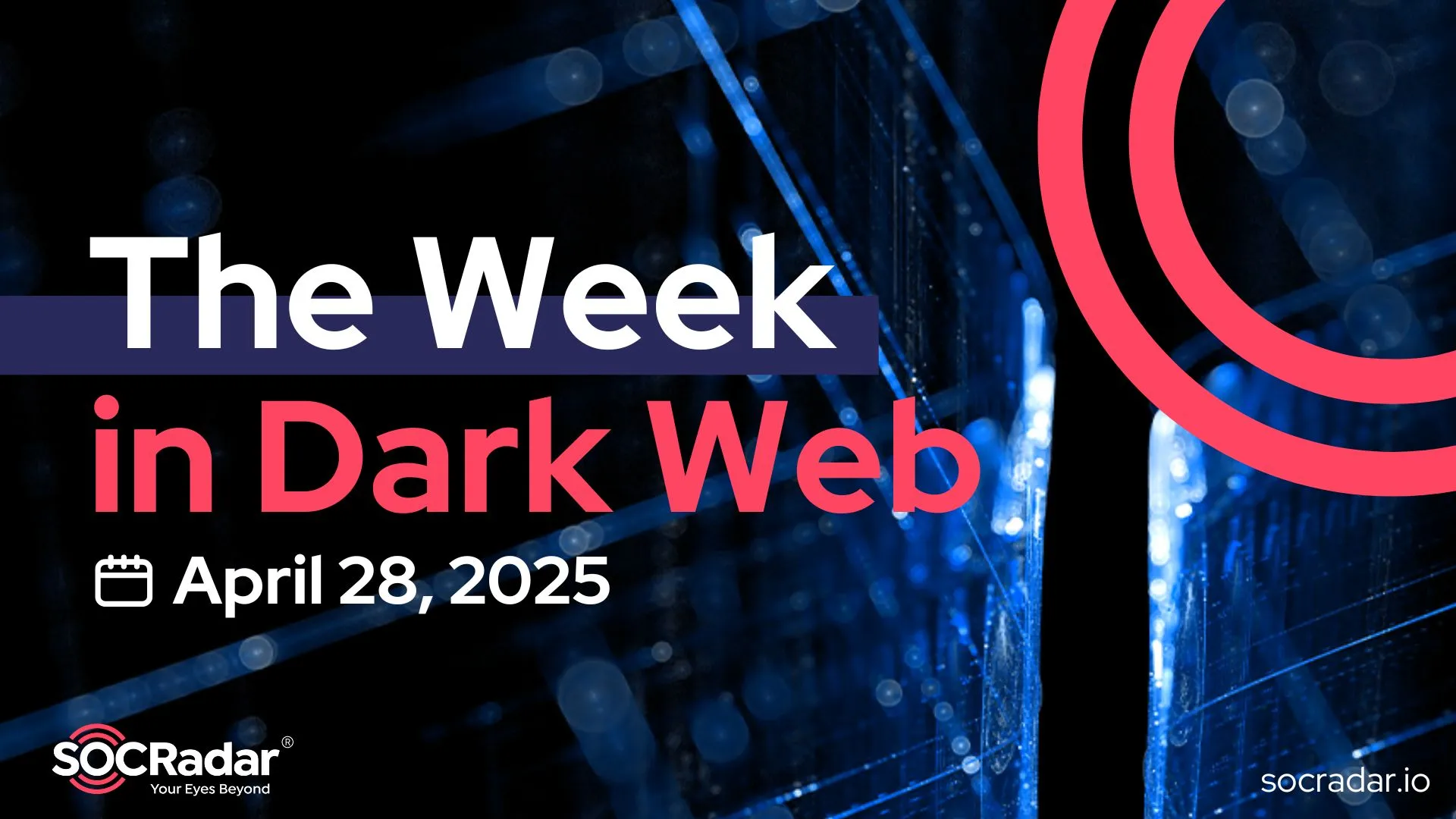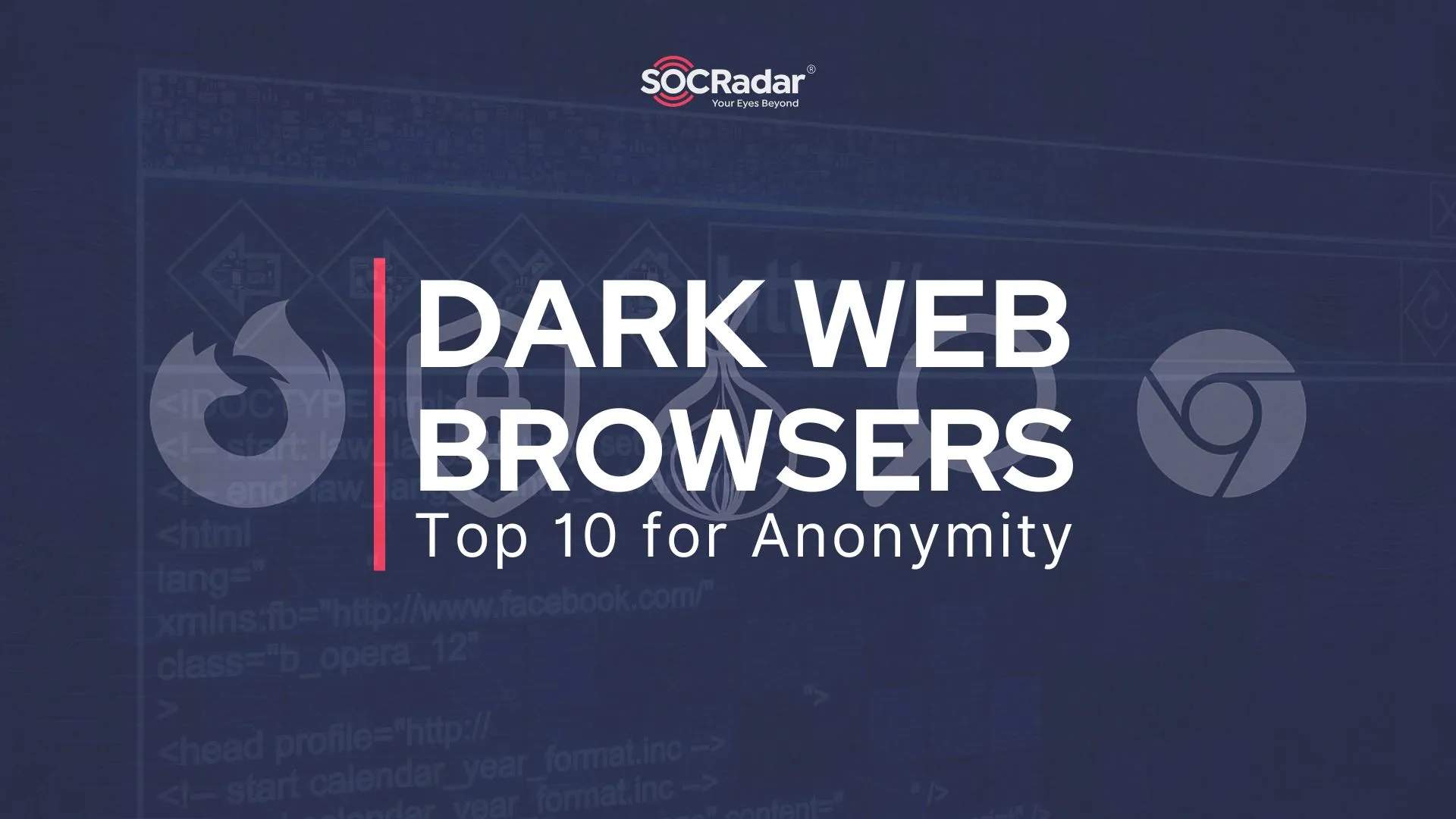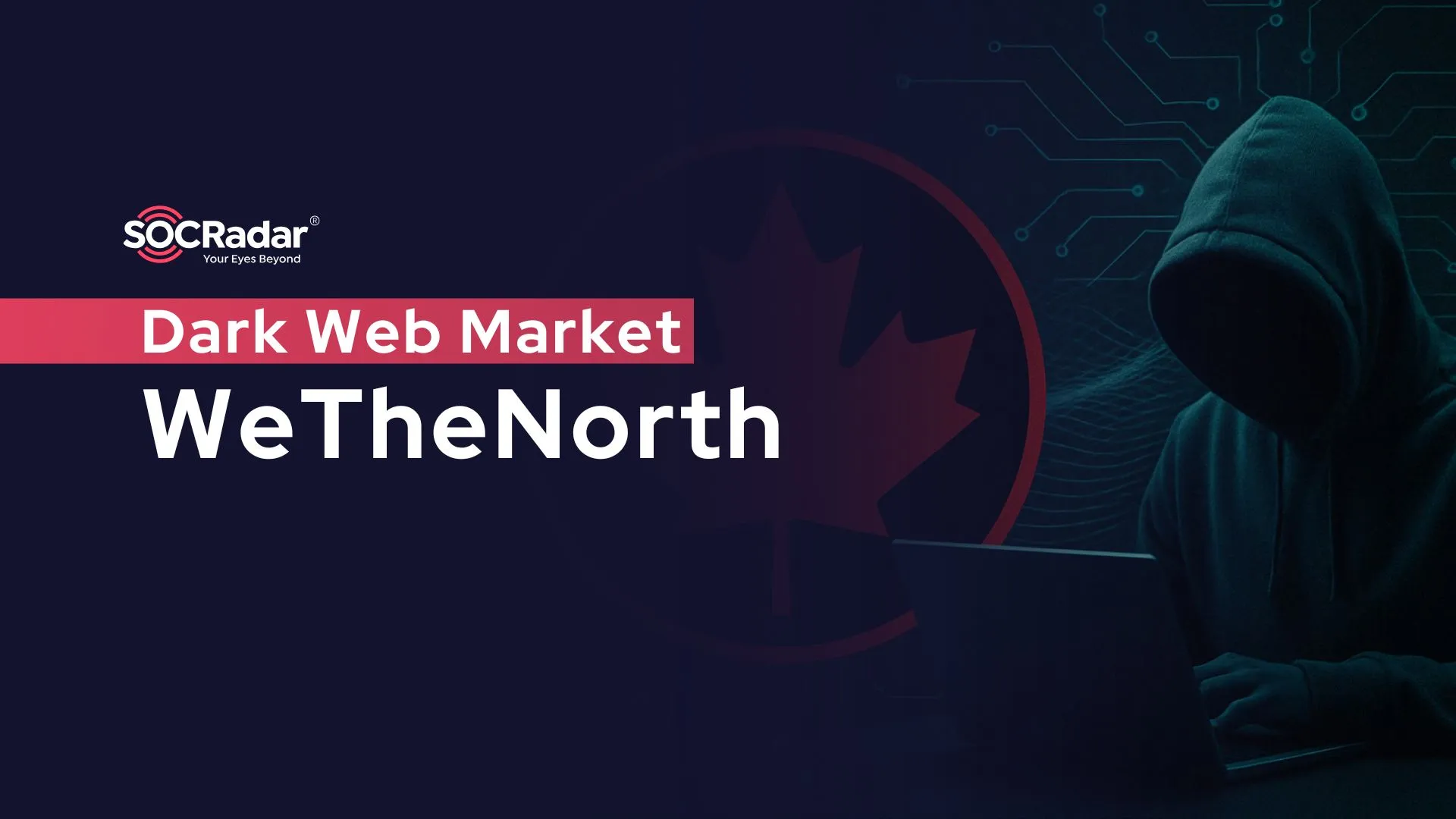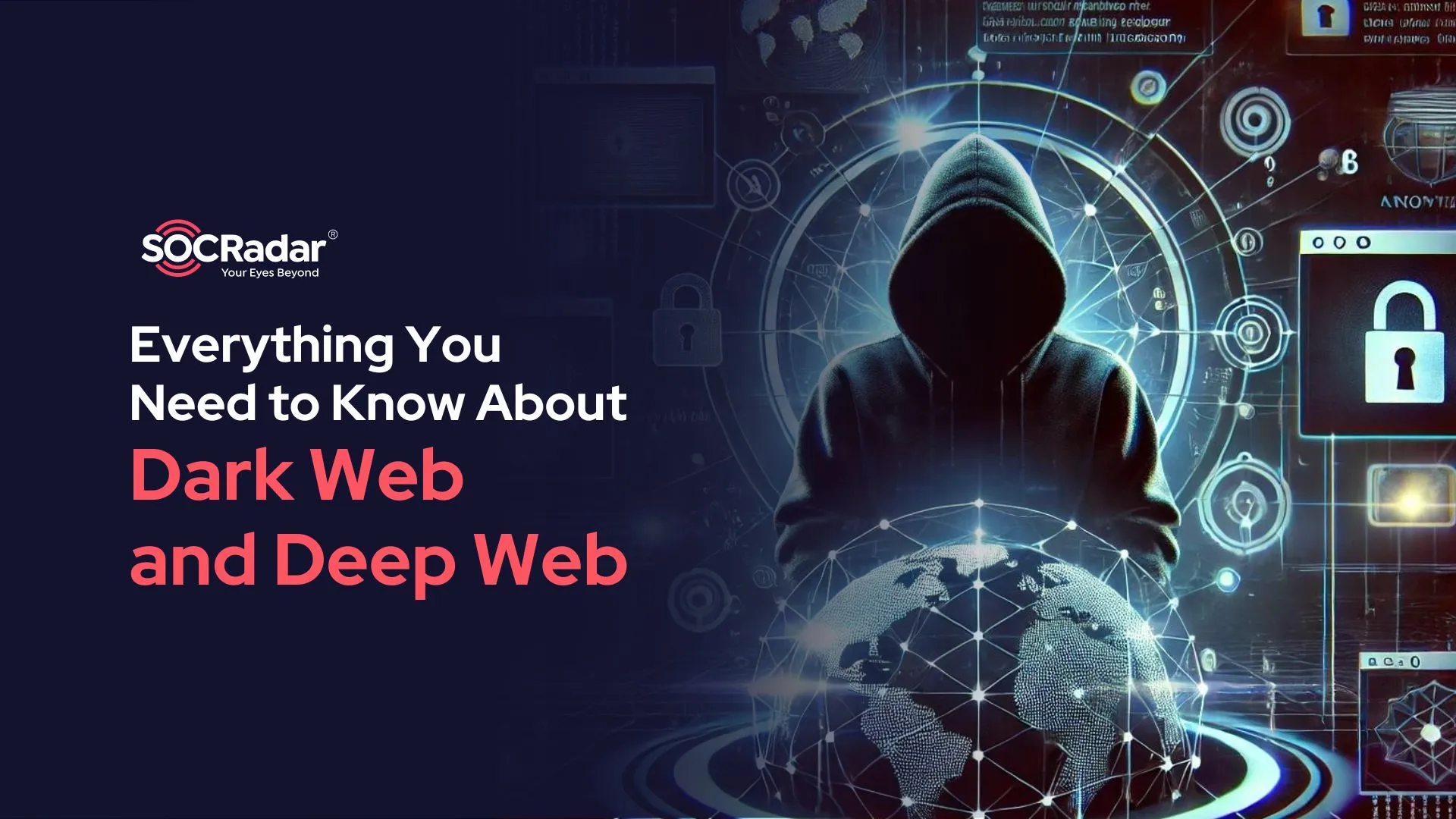
Everything You Need to Know About Dark Web and Deep Web
The Internet encompasses an extensive and intricate network that goes well beyond the familiar surface websites we frequently visit. Two terms that often emerge in discussions about the hidden parts of the Internet are the “dark web” and the “deep web.” functionalities and purposes. Although people often use these terms interchangeably, they refer to distinct areas with different functionalities and purposes. This article will explore the dark and deep web, highlighting their differences and shedding light on their unique characteristics.
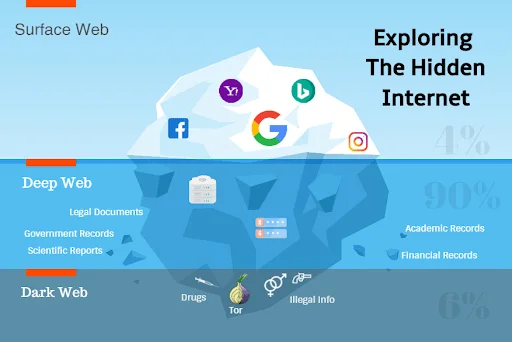
The image that most clearly depicts the internet as accepted in the cybersecurity community
What is the Dark Web?
The dark web is a part of the internet that isn’t indexed by standard search engines like Google or Bing. It exists on encrypted networks and requires specific software to access, such as Tor (The Onion Router). The dark web is notorious for hosting illegal activities, but it also offers anonymity for those seeking to avoid surveillance and censorship.
The concept of the dark web emerged alongside the development of anonymizing networks. Initially, these networks aimed to protect privacy and free speech, but they soon attracted illicit activities due to their untraceable nature. The Tor network, developed in the mid-1990s, became a cornerstone of the dark web, providing users with secure and anonymous access.
To access the dark web, users need special software like Tor. Tor allows users to browse the web anonymously by routing their connection through multiple volunteer-operated servers worldwide. This process hides the user’s IP address and activity, making it difficult for authorities to trace.
While the dark web is infamous for illegal activities, including stolen data markets, drug trafficking, weapons sales, and cybercrime, it also hosts forums and platforms for whistleblowers, journalists, and activists who need to communicate securely and anonymously.
Navigating the dark web poses significant risks. In addition to encountering illegal content, users are at risk of scams, hacking, and malware. Engaging in illegal activities on the dark web can lead to severe legal consequences, including fines and imprisonment.
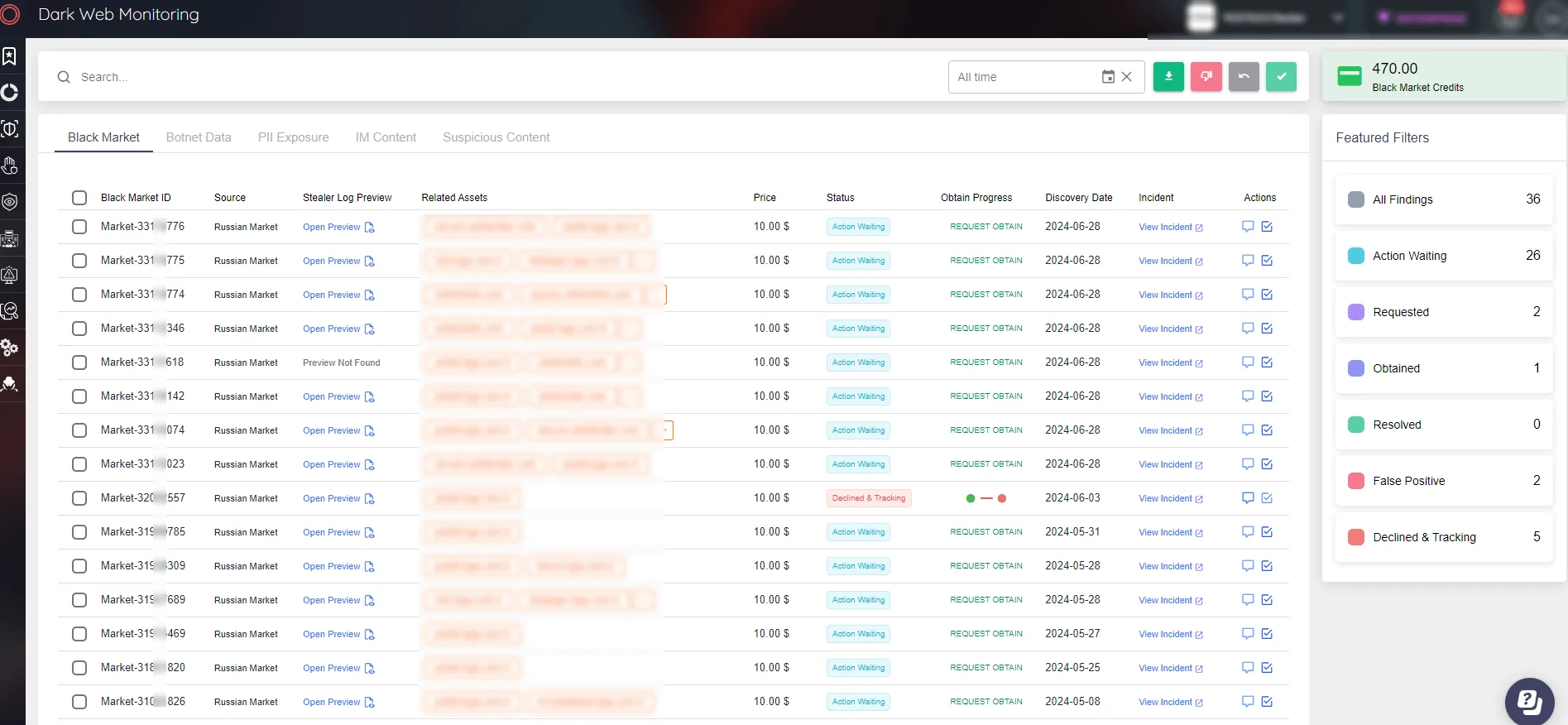
SOCRadar Dark Web Monitoring
The dark web harbors many threats due to its anonymous nature, including personal data theft, illegal goods sales, and cyber-attacks. SOCRadar, an advanced threat intelligence platform, helps mitigate these risks by monitoring dark web activities and providing real-time alerts on data breaches and emerging threats. It aids in quick incident response and proactive defense, offering comprehensive insights to manage cyber risks effectively. With SOCRadar, organizations can anticipate and prevent cyber attacks, ensuring a robust security posture.
What is the Deep Web?
The deep web refers to parts of the internet not indexed by standard search engines. Unlike the dark web, the deep web is not inherently illegal or dangerous. It includes private databases, email accounts, medical records, subscription services, and academic resources.
The deep web is vast and estimated to be much larger than the surface web we commonly use. It includes anything that requires a login or is protected by a paywall, making it an essential part of everyday internet use.
Common examples of deep web content include:
- Private Databases: Confidential government databases, medical records, academic databases, and financial information.
- Password-Protected Websites: Email accounts, social media profiles, and subscription-based services.
- Intranet Systems: Corporate intranets and internal organizational networks.
Accessing the deep web is straightforward. It involves visiting websites that are not indexed by search engines and often require specific credentials or permissions to access the content.
What is the Difference Between Deep Web and Dark Web?
Understanding the difference between the deep web and the dark web is crucial for recognizing their respective roles and implications.
Visibility and Accessibility
- Deep Web: Consists of private or semi-private content not indexed by search engines. It’s typically accessible with proper credentials.
- Dark Web: A subset of the deep web requiring specialized software like Tor to access. It’s intentionally hidden and anonymized.
Legality and Usage
- Deep Web: Used for legitimate purposes such as online banking, private communication, and academic research.
- Dark Web: Often associated with illegal activities, though it also provides a platform for anonymous communication and activism.
Security and Anonymity
- Deep Web: Generally secure but lacks the anonymity features of the dark web. Users are identifiable through their credentials.
- Dark Web: Emphasizes anonymity and security, making it harder to trace users’ activities.
Many people conflate the dark web with the deep web, believing they are synonymous. However, the deep web encompasses all unindexed content, while the dark web is a specific, anonymized segment of the deep web, often with illicit undertones.
FAQs
Here are the frequently asked questions about the dark web and the deep web:
How do I access the dark web safely?
To access the dark web safely, use the Tor browser and avoid clicking on suspicious links. Ensure your system is protected with up-to-date antivirus software.
Is it illegal to browse the dark web?
Browsing the dark web itself is not illegal, but engaging in illegal activities on the dark web is. Always avoid illegal content and transactions.
Can I be traced on the dark web?
While the dark web provides significant anonymity, it’s not foolproof. Authorities can sometimes trace users through advanced tracking techniques and vulnerabilities.
Why is the deep web larger than the surface web?
The deep web is larger because it includes all the private, unindexed content such as databases, archives, and protected web pages that are not visible on the surface web.
Are there legitimate uses for the dark web?
Yes, the dark web can be used for legitimate purposes, such as preserving anonymity for journalists, activists, and whistleblowers in oppressive regimes.
Can my computer get infected by accessing the dark web?
Yes, there is a risk of encountering malware and viruses on the dark web. Always use security measures such as antivirus software and avoid downloading unknown files.






























